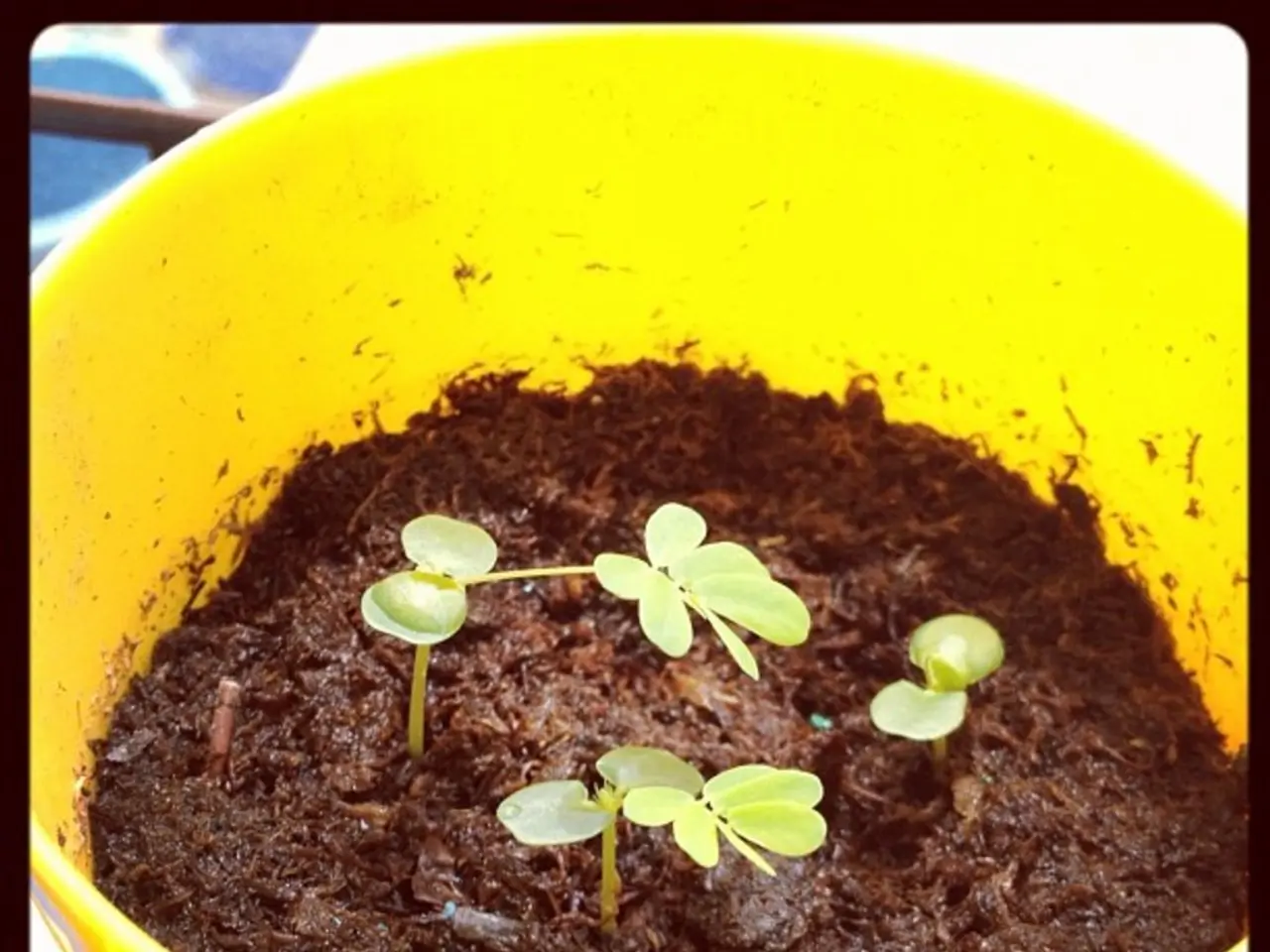Leveraging Wild Cousins and Microorganisms for Resilient Agricultural Produce
In the ever-evolving landscape of agriculture, the integration of machine learning and artificial intelligence is poised to revolutionise breeding and microbiome engineering platforms. This development promises to amplify predictive accuracy and scalability, offering a visionary blueprint for sustainable plant production.
Crop wild relatives (CWRs) have evolved traits that confer resistance to biotic and abiotic stresses, traits that are increasingly relevant under shifting climatic scenarios. Researchers propose strategies to introgress these traits into cultivated crops, expanding the adaptive landscape accessible to modern agriculture.
The study recognises the inherent evolutionary wisdom encoded in CWRs and their microbiomes, offering a novel approach to sustainable plant production. Enhanced plant-microbiome systems contribute to soil health by promoting organic matter formation, nutrient cycling, and carbon sequestration. These ecosystem services underpin broader climate mitigation strategies, positioning agriculture as a proactive participant in environmental stewardship.
Addressing potential biosafety and regulatory hurdles is essential. Multi-stakeholder engagement is crucial to foster trust and acceptance of these innovations. The research involves experts from institutions like the Max Planck Institute for Plant Breeding Research and universities specializing in plant sciences. Key publications include studies on plant-microbiome interactions and sustainable crop improvement published in journals such as Nature Plants and Environmental Microbiology.
The integration of microbiomes with CWRs can embed a resilience mindset into food systems, preparing them to withstand unpredictable climatic perturbations and emerging pathogens. Smallholder farmers, a significant fraction of global food producers, could benefit significantly from resilient, sustainable crop varieties that reduce input burdens and crop failures.
The study calls for policy frameworks that incentivise innovation dissemination and capacity building at grassroots levels, ensuring inclusive agricultural transformation. Equitable access to germplasm resources and microbial inoculants is necessary to prevent deepening disparities in agricultural productivity.
AI-driven models can unravel complex interactions that elude conventional analysis, enabling personalised crop-microbiome pairing, tailored management practices, and adaptive responses to emerging challenges. The research team developed computational models to predict beneficial gene-microbiome combinations for traits like drought tolerance, pest resistance, and yield stability.
Field trials have demonstrated the superior performance of introgressed lines coupled with targeted microbial inoculants under reduced-input conditions. The local ecological context is important in deploying these innovations, necessitating site-specific adaptations and regionally tailored strategies.
Integrating CWRs and their microbiomes requires coordinated efforts in germplasm conservation, microbial culturing, and precision agriculture technologies. Technological advancements such as CRISPR-based gene editing and high-throughput phenotyping are tools to streamline the integration process.
The article's interdisciplinary ethos bridges plant genetics, microbiology, ecology, bioinformatics, and social sciences, exemplifying how collaborative research enables holistic solutions to global challenges. CWRs, a largely underutilized genetic resource in conventional breeding programs, are set to play a pivotal role in shaping the future of sustainable agriculture.








